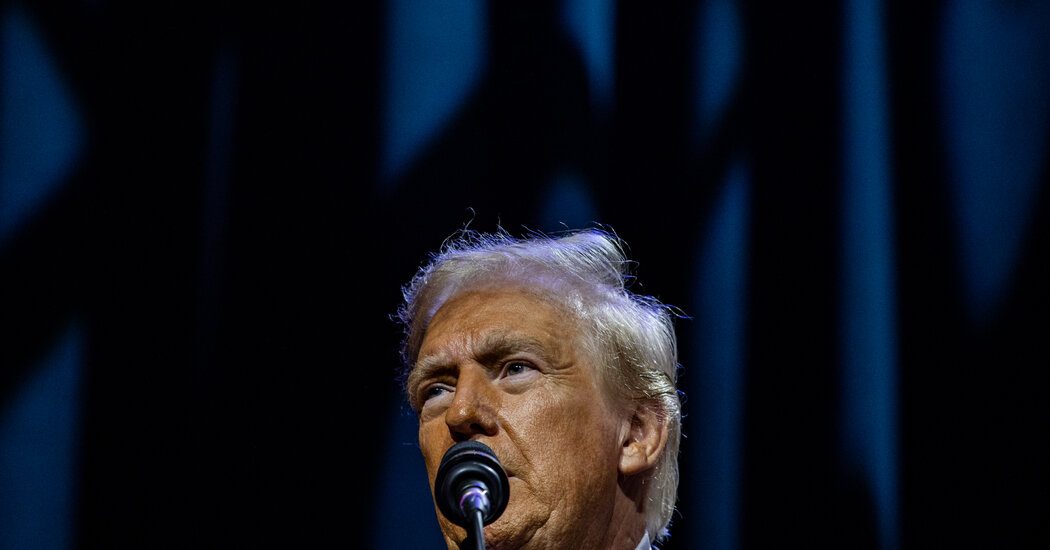Vance Dismisses Trump’s Election Denialism as ‘Obsession’ in Latest Podcast Interview
In a recent podcast interview, U.S. Senator JD Vance, the Republican vice presidential candidate, stirred the pot by brushing aside scrutiny of Donald Trump’s persistent claims of election fraud in the 2020 presidential race. Vance, who has already raised eyebrows for refusing to acknowledge Trump’s loss during last week’s vice presidential debate, continued to dodge questions about the election results, labeling the focus on 2020 as an “obsession.”
During the interview with The New York Times, set to air on Saturday, Vance was pressed multiple times about Trump’s defeat to President Joe Biden. Each time, he skillfully sidestepped the topic, instead pivoting to what he termed more pressing issues, like the state of the economy and border security. “I’m much more worried about what happened after 2020,” Vance stated, pointing to rising grocery prices and an “open border” as his primary concerns.
When the conversation turned back to the 2020 election, Vance suggested that censorship might have played a role in Trump’s loss, claiming it could have cost the former president millions of votes. He specifically accused social media platforms of suppressing negative stories about Hunter Biden, President Biden’s son, which he argued could have influenced public perception during the election.
Podcast host Lulu Garcia-Navarro challenged Vance on the lack of evidence for widespread election fraud, to which Vance dismissed her point as merely a “slogan.” This rhetoric mirrors Trump’s own narrative, who has long maintained that the election was “stolen” from him, despite numerous court rulings and investigations confirming the legitimacy of Biden’s victory.
For context, Biden won the 2020 election with 306 Electoral College votes to Trump’s 232. Following the election, Trump’s refusal to concede led to a tumultuous period in American politics, culminating in the January 6, 2021, Capitol riot. Thousands of Trump supporters stormed the Capitol in an attempt to overturn the election results, resulting in violence and chaos as Congress was in the process of certifying the Electoral College votes.
Vance’s reluctance to acknowledge the 2020 election results is not just a personal stance; it reflects a broader trend within the Republican Party, where many members continue to support Trump’s unfounded claims of election fraud. This has created a significant divide in American politics, with many GOP leaders aligning themselves with Trump’s narrative, while others call for a return to traditional party values.
As the 2024 election cycle heats up, Vance’s comments and his ongoing support for Trump’s controversial claims could have implications for the Republican ticket. With Trump facing legal challenges related to his actions surrounding the 2020 election, including criminal charges for alleged interference, the party’s stance on these issues could play a pivotal role in shaping voter sentiment.
In a political landscape where narratives can shift rapidly, Vance’s dismissal of the 2020 election results as an “obsession” may resonate with some voters, while alienating others who seek accountability and transparency. As the campaign unfolds, it will be interesting to see how this dynamic plays out and whether Vance’s approach will bolster or hinder their chances in the upcoming election.



